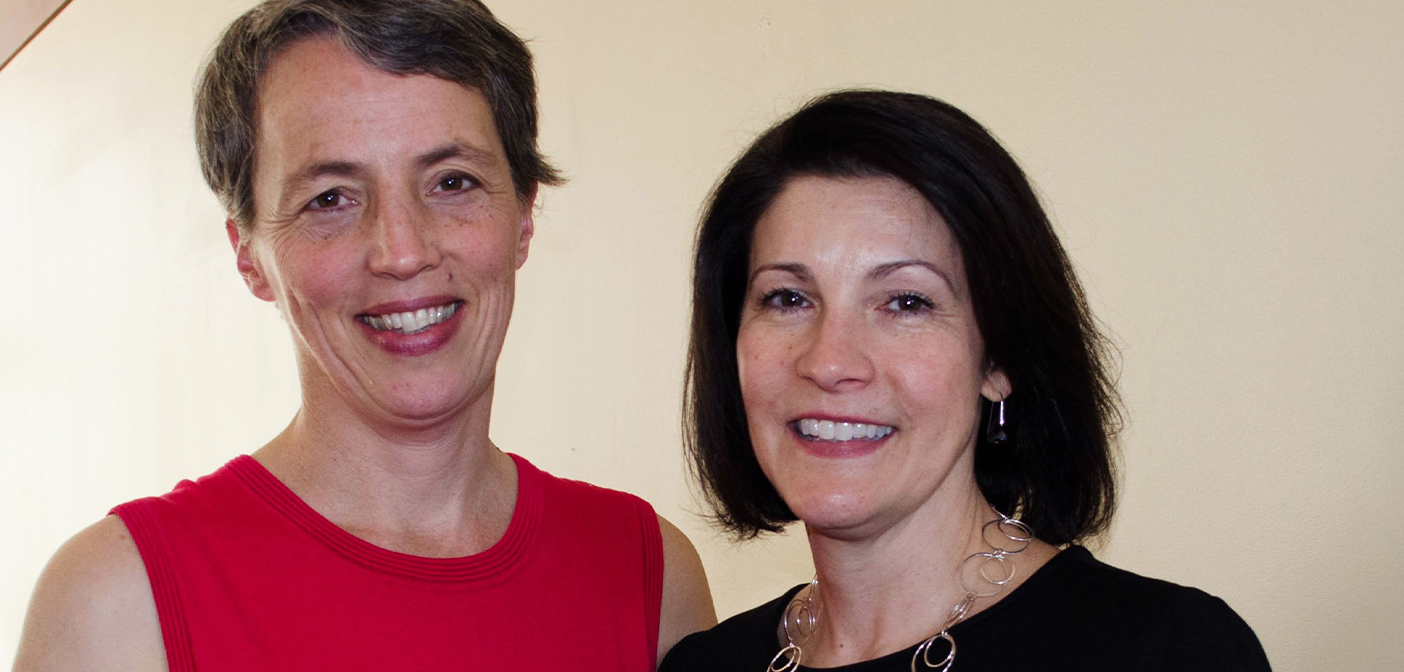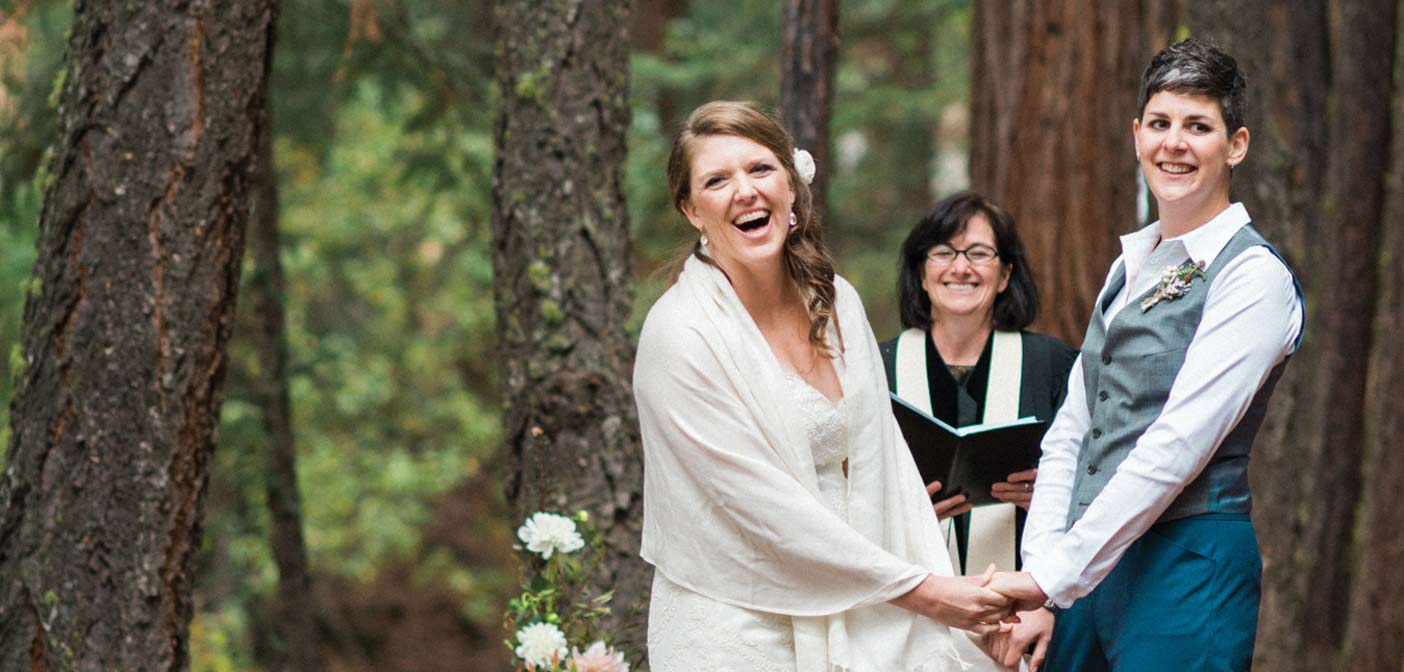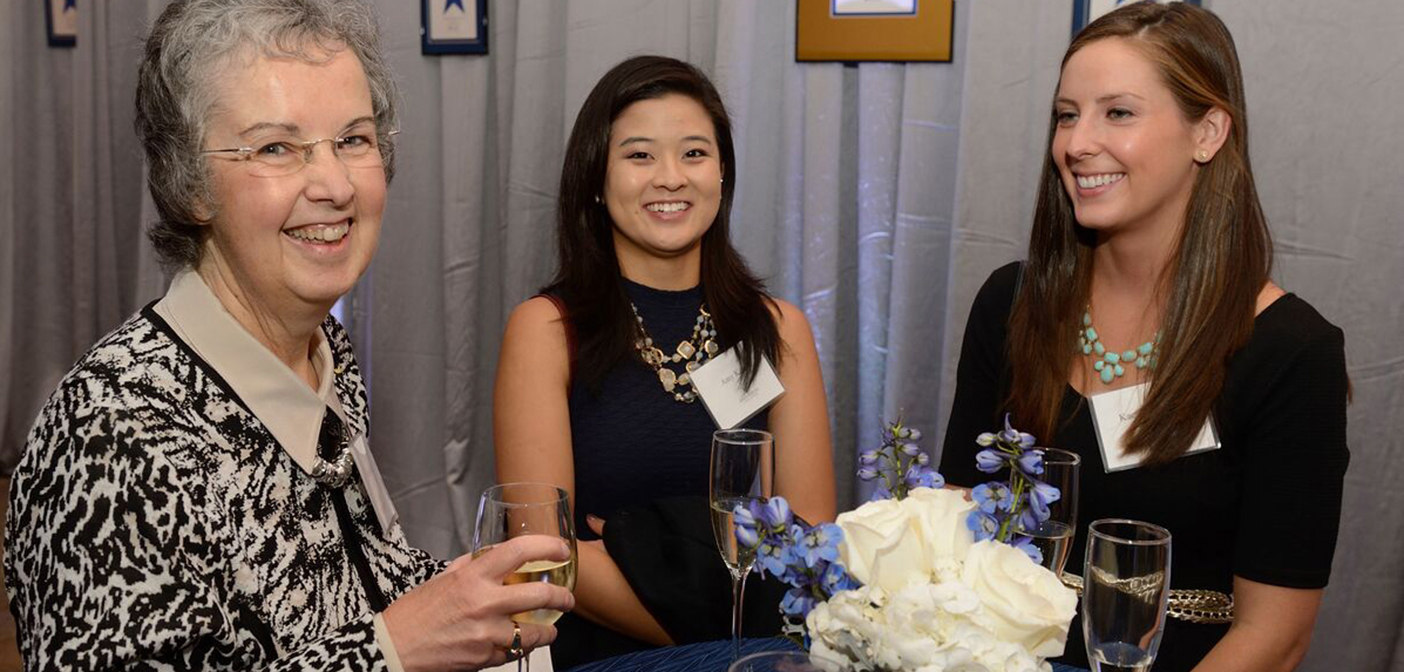Our question this issue:
What are the biggest challenges to overcoming the nursing shortage?
A. Professional image of nursing
B. Poor relations with physicians
C. Lack of funding for nursing positions
D. Lack of institutional recognition of the need for additional nurses
E. Inaccurate media coverage of nursing
F. Lack of advocacy and marketing to attract the next generation of nurses
G. Inadequate salary and overall compensation
H. Nurse training and education: getting more students through the pipeline quickly and the related issue of lack of nursing faculty
The list of choices included issues I don’t associate with nursing now, such as image problems, physician issues. Now the issue seems more to be realities of the work vs. other alternatives, like how physically demanding the profession is and the fact that for many it means 12 hours shifts and day/night rotations. Those can be stumbling blocks, especially for older people considering the profession.
Marian Grant, MSN ’05, BSN ’00, CRNP
Senior Research Coordinator
Johns Hopkins University School of Nursing
I believe the biggest challenges to over-coming the nursing shortage are “inaccurate media coverage of nursing,” along with the “professional image of nursing.” I have been a nurse for almost 40 years and have not seen much of an improvement in our image. We nurses know that we’re multi-talented, well educated, and involved in all aspects of health care, but I do not believe the general public is as aware.
One example-some years ago, there was a widely-watched television documentary about The Johns Hopkins Hospital. I was excited, thinking that surely much of the focus would be on the talented nurses who are the mainstay of the health care rendered there. Much to my dismay, and that of my friends, the role of the Hopkins nurse was ignored. Now I understand there is another documentary in the works focused on the making of a Hopkins doctor! It is past time for a similar show regarding the many roles of the modern nurse. At the very least, I hope the new documentary includes some acknowledgement of the Hopkins nurse.
Carol Heinlein, MS, RN
Editor’s Note: ABC’s new six-episode documentary series “Hopkins,” a sequel to the 2000 documentary “Hopkins 24/7,” focuses on the hospital’s medical residents. The show began airing in late June, on Thursday nights at 10 p.m. (after “Grey’s Anatomy”).
This issue’s second opinion missed the boat. If I was forced to pick one I would select H. For example, I would love to run a nursing lab or intro to nursing class at my local community college and feel I would be well qualified, but they require a master’s degree.
However, for me and many nurses the real problem with staying in the hospital is the lack of flexibility in employment. I and many friends and colleagues have left the hospital not because of the reasons you offered, but because we have been fortunate. We have families that are our first priority. Childcare is very expensive and often not available traditional shift hours, and very few hospitals offer on-site childcare. Additionally, weekend, evening, and night work is not family-friendly.
Hospitals will spend thousands of dollars recruiting foreign nurses but refuse to think “outside the box” in attracting nurses in their own town. There is a large population of nonworking nurses due to family obligations. These are nurses who have experience, are invested in the community, and most often, keep up with journals and research. Many mothers with school age children would love to work 8 am – 2 pm. Many nurses would like a two day a week schedule with no weekends. These nurses are willing to take a lower pay to avoid working weekends and holidays. These are nurses who would love to “cover” for lunches when their children are in school. These are nurses who could be mentors for new nurses coming in. Hospitals could save money by utilizing part-time employees and lower “shift” wages. However, hospitals will say they are unable to offer creative scheduling due to unions. Unions say they are unable to sway the hospitals to offer creative scheduling. So we find positions outside the hospital, but are often underemployed.
Hospitals that are able to tap this resource of well educated, experienced nurses will be the hospitals that deliver the best patient care most efficiently with a happy workforce. These are the hospitals who will be least impacted by the nursing shortage.
Barbara (Blanchard) Spielman, BSN ’95
Our question next issue:
What is the top concern in today’s field of critical care nursing?
A. Minimizing errors
B. Diagnostic analysis issues
C. Standards of practice
D. Hospital (or healthcare facility) funding
E. Hospital (or healthcare facility) staffing
Visit www.son.jhmi.edu
 Happy Participants for Better Research
Happy Participants for Better Research Coming Down the Tracks
Coming Down the Tracks The Big Picture
The Big Picture Somewhere Upstairs: Chowder Downstairs
Somewhere Upstairs: Chowder Downstairs And Let Us Play Among the Stars
And Let Us Play Among the Stars







